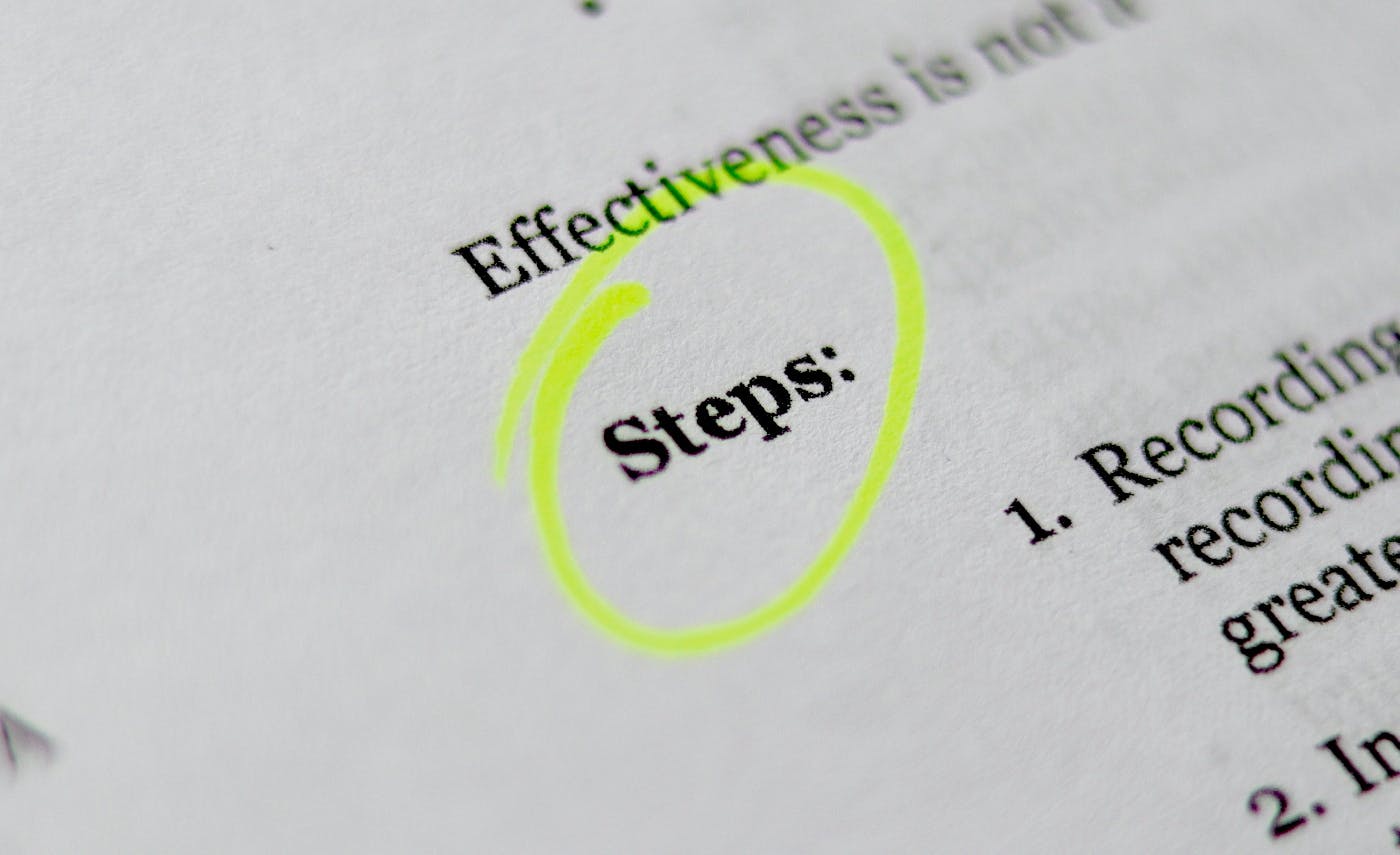
It's critical for small businesses to have a robust digital marketing plan in place to stay competitive and reach their target audience effectively.
Digital marketing has become an essential part of business growth and success in today's world. As more and more businesses move online, it's critical for small businesses to have a robust digital marketing plan in place to stay competitive and reach their target audience effectively. In this article, we will discuss how to create a winning digital marketing plan for small businesses.
Define Your Goals
The first step in creating a winning digital marketing plan is to define your goals. What do you want to achieve through your digital marketing efforts? Do you want to increase website traffic, generate leads, or boost sales? Defining your goals will help you determine the most effective digital marketing strategies to use and measure the success of your efforts.
Identify Your Target Audience
Knowing your target audience is crucial for creating a successful digital marketing plan. Who are your ideal customers, and what are their needs, interests, and behaviors? Once you have identified your target audience, you can tailor your digital marketing efforts to meet their specific needs and preferences.
Research Your Competition
To stand out from your competitors, you need to understand what they are doing and how you can do it better. Research your competition to see their digital marketing strategies and identify areas where you can differentiate yourself. Look at their social media channels, website, and advertising campaigns to get an idea of their strengths and weaknesses.
Develop a Content Strategy
Creating valuable and engaging content is an essential part of any successful digital marketing plan. Your content should be tailored to your target audience and provide them with the information they need to make informed decisions. Develop a content strategy that includes blog posts, social media updates, email marketing, and other types of content that will resonate with your target audience.
Choose Your Digital Marketing Channels

Numerous digital marketing channels are available, including social media, email marketing, search engine optimization (SEO), pay-per-click advertising (PPC), and more. Choosing the right channels for your business depends on your goals, target audience, and budget. Consider your resources and select the channels that will give you the best return on investment.
Set a Budget
Digital marketing can be expensive, so it's essential to set a budget and allocate your resources effectively. Determine how much you can afford to spend on each digital marketing channel and prioritize the ones that will give you the best results. Keep track of your spending and adjust your budget as needed.
Implement Your Plan
Once you have developed your digital marketing plan, it's time to implement it. Create a content calendar, schedule social media posts, and launch your advertising campaigns. Make sure to track your progress and adjust your strategies as needed.
Monitor Your Results
Monitoring your digital marketing results is essential to measure the success of your efforts and make adjustments as needed. Use analytics tools to track website traffic, social media engagement, email open rates, and other vital metrics. Analyze your data regularly and adjust your strategies to optimize your results.
Continuously Improve
Digital marketing is an ever-changing landscape, so staying current on the latest trends and techniques is essential. Continuously improve your digital marketing plan by testing new strategies and monitoring your results. Stay flexible and be willing to adjust your plan as needed to stay ahead of the competition.
Tips for Developing a Content Strategy

Developing a content strategy is an ongoing process. You need to evaluate your content's performance continuously, adjust your plan accordingly, and create new content that meets the changing needs of your audience. Here are some best practices to keep in mind when developing your content strategy:
Focus on quality over quantity
It is better to publish high-quality content less frequently than to publish mediocre content regularly. Your content should be engaging, informative, and valuable to your target audience.
Use a variety of content formats
Different people prefer different types of content. Using a variety of formats, such as videos, infographics, and blog posts, can help you reach a broader audience and keep them engaged.
Be consistent
Consistency is critical in developing a content strategy. You should have a regular publishing schedule that your audience can rely on. This helps build trust and credibility with your audience.
Measure and evaluate your content's performance
You should use analytics tools to track your content's performance and make data-driven decisions. This will help you understand what is working and what is not so that you can adjust your strategy accordingly.
Collaborate with others
Collaborating with other businesses and influencers can help you reach new audiences and build credibility. You can also leverage their expertise and resources to create more impactful and innovative products or services and expand your reach beyond your current market.
Additionally, collaborating with other businesses and influencers can lead to valuable networking opportunities and may even open up new avenues for growth and expansion for your business. By working together, you can combine your strengths and unique perspectives to create something truly exceptional and valuable for your customers.
Summing Up
Creating a winning digital marketing plan for small businesses requires a solid understanding of your goals, target audience, competition, and available resources. You can effectively reach your target audience and achieve your business goals by developing a comprehensive plan that includes a content strategy, digital marketing channels, and a budget. By monitoring your results and continuously improving your strategies, you can stay ahead of the competition and grow your business in the digital age.
The rules are constantly changing, and what works isn’t always a given. Talk to the experts about how to create a marketing plan specifically for your small business. ThoughtLab has decades of experience with marketing, and they can help you. Talk with them today.

